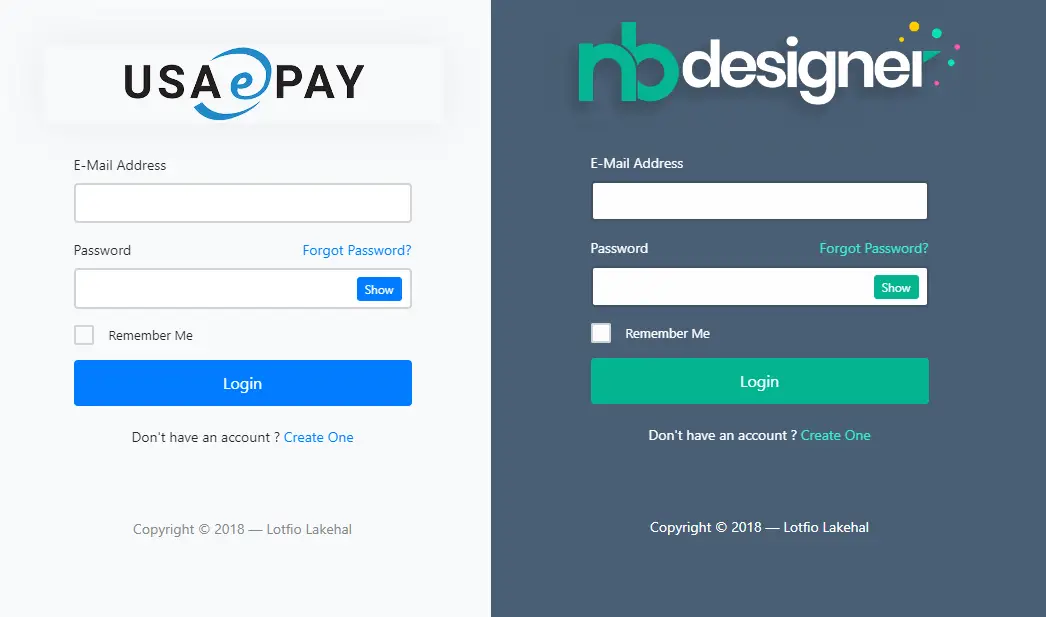Convert XML to JSON in C#
By Tan Lee Published on Jan 10, 2025 706
To convert XML to JSON using ExpandoObject, XDocument, and Newtonsoft.Json in C#, follow these steps:
Let’s say you’re receiving XML feeds from a client, but you need to enrich the data before using it. Plus, you prefer working with JSON.
Example XML Input:
<products>
<product>
<title>January 2024</title>
<link><![CDATA[https://example.com/2024/01/]]></link>
</product>
<product>
<title>February 2024</title>
<link><![CDATA[https://example.com/2024/02/]]></link>
</product>
<product>
<title>March 2024</title>
<link><![CDATA[https://example.com/2024/03/]]></link>
</product>
</products>Desired Output (Enriched JSON):
[
{
"title": "Special Blog Post from January 2024",
"url": "https://example.com/2024/01/"
},
{
"title": "Special Blog Post from February 2024",
"url": "https://example.com/2024/02/"
},
{
"title": "Special Blog Post from March 2024",
"url": "https://example.com/2024/03/"
}
]First, We parse the XML using XDocument.Parse(xmlContent) to load the XML into an XDocument object.
using Newtonsoft.Json;
using System;
using System.Dynamic;
using System.Linq;
using System.Xml.Linq;
using System.Collections.Generic;
namespace XMLToJsonExample
{
public class XMLConverter
{
// Method to convert XML to JSON
public string ConvertXMLToJson(string xmlContent)
{
// Create a dynamic list for the JSON output
dynamic output = new List<dynamic>();
try
{
// Parse the XML content into an XDocument object
var document = XDocument.Parse(xmlContent);
// Retrieve all product elements from the XML
var products = document.Descendants("product");
foreach (var product in products)
{
// Create a dynamic object (ExpandoObject) for each product
dynamic row = new ExpandoObject();
// Enrich the title and get the link
row.title = "Special Blog Post from " + product.Element("title")?.Value;
row.url = product.Element("link")?.Value;
// Add the dynamic row to the output list
output.Add(row);
}
// Serialize the dynamic list to a JSON string
string jsonResult = JsonConvert.SerializeObject(output, Formatting.Indented);
return jsonResult;
}
catch (Exception ex)
{
throw new Exception($"Error converting XML to JSON: {ex.Message}", ex);
}
}
}
class Program
{
static void Main(string[] args)
{
string xmlData = "input your xml data above";
// Create an instance of XMLConverter and call the ConvertXMLToJson method
var converter = new XMLConverter();
string jsonOutput = converter.ConvertXMLToJson(xmlData);
// Output the resulting JSON
Console.WriteLine(jsonOutput);
}
}
}In this example:
- The
Descendants("product")method retrieves all<product>elements in the XML. - For each
<product>element, we create a newExpandoObjectwhich allows us to add properties dynamically. - In this case, we enrich the
titleby prepending "Special Blog Post from " to the existing value, and extract theurlfrom the<link>element. - The
JsonConvert.SerializeObject(output, Formatting.Indented)converts the dynamic list of objects into a formatted JSON string.
Categories
Popular Posts
Structured Data using FoxLearn.JsonLd
Jun 20, 2025
Implement security headers for an ASP.NET Core
Jun 24, 2025
10 Common Mistakes ASP.NET Developers Should Avoid
Dec 16, 2024
HTML Bootstrap 4 Login, Register & Reset Template
Nov 11, 2024





